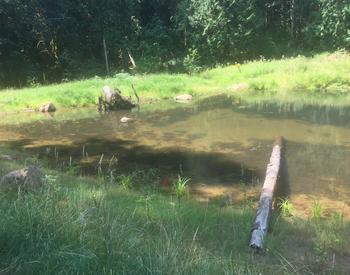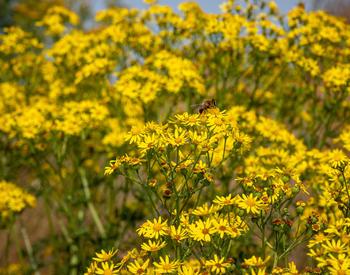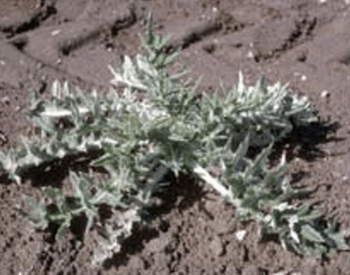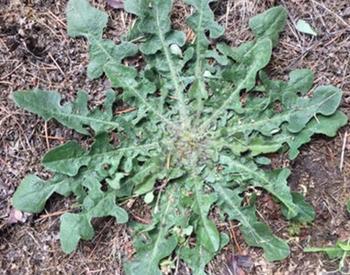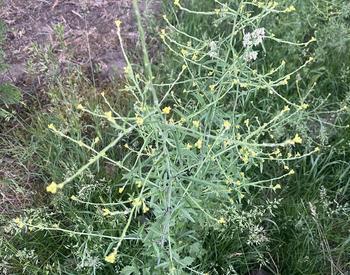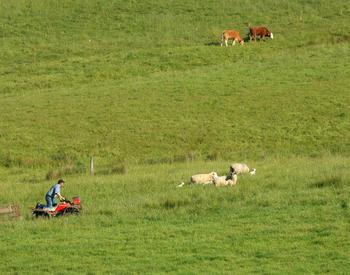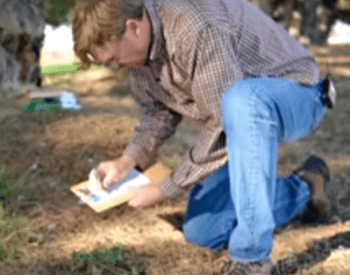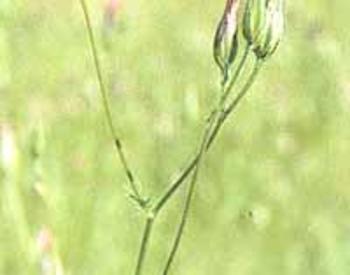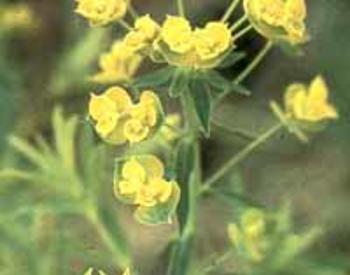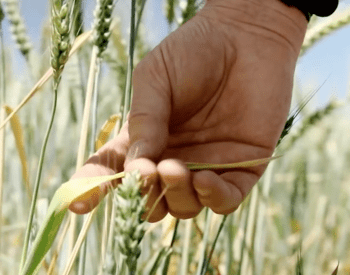Biological control uses a living agent to control weeds. The biocontrol agent can be an insect species, a fungus, or grazing animals.
A good biocontrol insect, or "bug," reduces the target weed population but never completely eliminates it. Some bugs work better than others.
During some years, conditions can be very hard on the bugs' ability to thrive and reproduce. Factors include the weather and the population of the weed host.
Bug populations rise and fall in cycles because they lag behind growth of the host weed. When a lot of weeds build up, the next year there will be a lot of bugs. Those bugs will eat the weeds, so the following year there will be fewer weeds to support bugs, and the bug population will crash.
Finding the right biocontrol bug for your target weed
The section on Biological Control in the PNW Weed Management Handbook provides details on various biocontrol methods.
The Oregon Department of Agriculture's Noxious Weed Control website lists many types of insects and fungi that control the noxious weeds found in Oregon. The history of weed species and release of biocontrol agents is included.
Most of the important biocontrol agents against weeds are already populating the noxious weeds in Oregon. If you don't find biocontrol bugs on your weeds, you can collect them from other sites and release them on your weeds.
You can also purchase some of the biocontrols from Integrated Weed Control (1-888-319-1632 or [email protected]), located in Montana. Make sure to follow ODA's recommendations to choose the correct biocontrol for each specific weed species.
Additional information
For information on using livestock as biological control agents, see Livestock Grazing Guidelines for Controlling Noxious Weeds in the Western United States.
Also, see Avoiding Poisonous Plants in Pasture and Hay.


